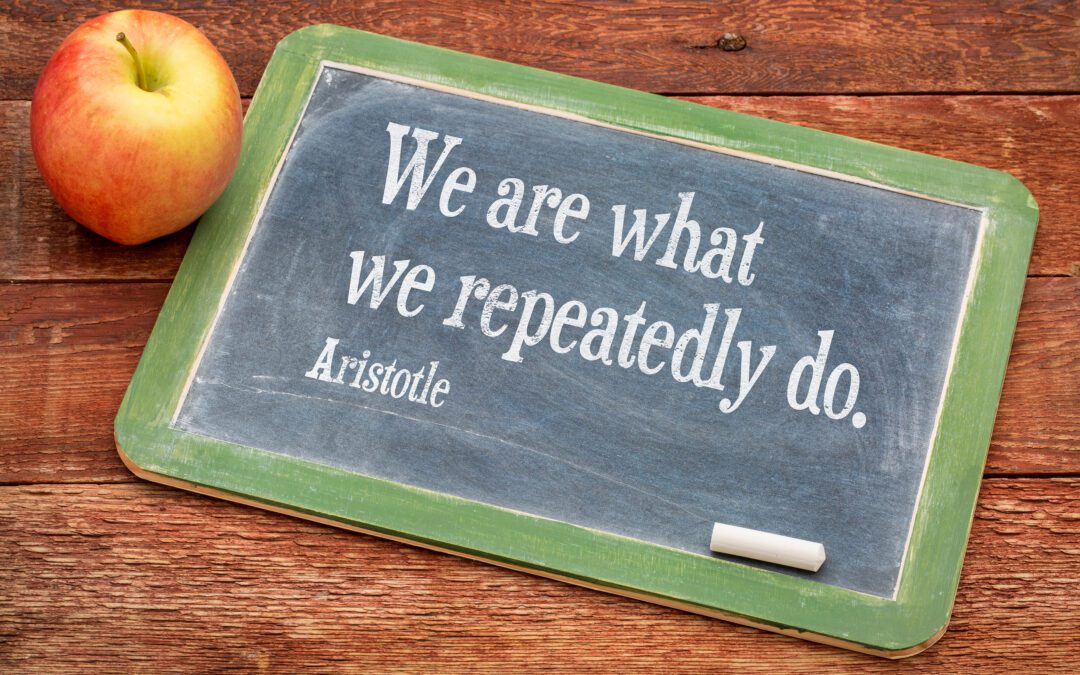ESTATE PLANNING
PREPARING FOR ESTATE PLANNING.
Estate Planning. How prepared are you for your future and the future of your loved ones? Sadly, most people are unprepared for the time when they may become incapacitated or die. There are many reasons for this lack of preparation. Some people believe they are too young to worry about such things. Some folks don’t want to think about their mortality. Some believe a simple will is all that’s needed. Some people see the estate documents they prepared years ago as sufficient. Whatever the reason, being unprepared is never a smart idea — not for you and not for your family.
While some people think a will is the only document you will ever need, that thinking can get you into trouble. Yes, it is very wise for any adult with any valuable assets to have a well drafted will. However, true protection goes a lot further. The complete estate plan includes a valid Will, the Trust, the Power of Attorney, the Healthcare Directive, and the Assignment of Assets document.
ESTATE PLANNING. THE TRUST.
When planning for your estate in California, if you have assets, your first document should be the Trust. You cannot overlook the importance of setting up a Trust. If you reside in the state of California, there is no excuse not to have one. While your taxes may not be eliminated, they may be reduced. And with a valid and fully-funded Trust, you can potentially avoid probate and the extra expense and time that goes along with administering the estate through probate. Trusts can give you greater control over your estate, how it is divided, and how and when assets are distributed. Then there is the matter of privacy. Unlike probate, trusts are not a matter of public record. There are various ways to set up a trust so that it specifically suits your needs now and after you have passed. You can even set up special trusts for the care and maintenance of disabled relatives, pets, and other loved ones.
ESTATE PLANNING. THE WILL.
When a Trust is part of the entire estate plan, we call the Will a Pour-over will, because it catches anything accidentally not included in the Trust. At a bare minimum, your estate plan should include a Will. However, as earlier mentioned, if you have valuable assets, consider having a trust prepared. It is important to know that if you have a Will but no Trust, your estate will go through Probate.
ESTATE PLANNING. THE HEALTHCARE DIRECTIVE.
Then there is the all-important issue of the Healthcare Directive. This document informs your family, and any medical professionals who might be attending to your needs, of your wishes when it comes to your healthcare. It also enables you to name a person called, the Agent or the Attorney-in-Fact to make your healthcare decisions for you, based on your desires. How many times do people become very ill and their family is left thinking, or fighting over, what medical procedures or lack thereof should be performed? Unfortunately, this happens all too often. The Healthcare Directive allows you to choose a primary physician, where and if you will be buried, and a number of other items.
Even if you have been proactive in regards to your estate planning and have all of your documents in order, it is extremely important to know exactly what is in those documents and know exactly what you are agreeing to before signing on the dotted line. I can’t stress this point enough! Proper planning and precise legal documentation are the keys to protecting yourself, your estate and your family.
ESTATE PLANNING. POWER OF ATTORNEY.
Let’s not forget about the all-important Power of Attorney. Suppose you become terminally ill and/or incapacitated to the degree you cannot manage your affairs, who will look out for your financial interests? Who will pay your bills? Who will watch over your investments? Who will make bank deposits or withdrawals for you? Who will handle issues regarding insurance and government benefits? Without proper agency documents, such as the Power of Attorney, your family members may wind up in a nasty and protracted court battle to determine who will handle these things on your behalf. If you are not bothered by your family “duking it out” on your behalf, then ignore my warning. If you care, make sure your desires are clearly, explicitly, and expressly understood.
ESTATE PLANNING Blogs

Publishing contracts
Publishing contracts The publishing contract is an agreement that defines the relationship between an author and her publisher. Publishing contracts typically contain elements that speak to territory, rights, ownership, financial issues, delivery of the manuscript,...

What is a Habit?
As we enter springtime, you may feel far away from your New Year's resolution. That may be because of the success rate of NYE resolutions. In fact, January 17 is often hailed as "Quitter's Day." If you want some stats, only 8% of respondents tend to stick with their...
Estate Planning FAQ
What is Estate Planning?
Estate planning is how you decide how you want your assets to be distributed when you pass away or in the event you become incapacitated. In writing, you identify who will receive your assets and who will be the person(s) to manage your assets, take care of your minor children, and make financial and health-related decisions on your behalf. Effective estate planning helps to avoid problems for your loved ones and avoids potential lawsuits.
Do I Need an Estate Plan?
No, you are not required to have an estate plan. However, if you don’t have one, you leave decisions regarding what to do with your property to the government and potentially to family members you don’t like. If you don’t have an estate plan, state law determines who gets what through “intestate succession.” Every state has intestacy laws that decide who inherits property if no will or trust exists. If it doesn’t matter who gets your money, house, bank accounts, or who will care for your kids and pets, then you don’t need an estate plan.
What Are the Essential Documents in the Estate Plan?
An effective estate plan includes several documents, but this also depends on your state, the type of property you own, and the size of your estate. For example, if you own a home in California, a trust-based estate plan might be helpful, which includes a trust, pour-over will, healthcare directive, HIPAA authorization, power of attorney, deed-related recording documents, and many others. These documents ensure your assets are distributed according to your wishes, designate decision-makers, and provide clear instructions for your care.
What is the Difference Between a Will and a Trust?
A will is a legal document that outlines how you want your assets distributed and who will care for any minor children after your death. On the other hand, a trust is a legal arrangement where a trustee manages your assets for the benefit of your beneficiaries, which can take effect during your lifetime and often helps avoid probate, but not always.
What is a Beneficiary?
A beneficiary is a person or entity designated to receive assets, benefits, or funds from a will, trust, insurance policy, retirement account, or other financial instrument after the owner dies.
How Often Should I Review My Estate Plan?
How often you review your estate plan depends on a number of factors, but generally every 2-4 years. However, significant life events may alter that time frame, such as marriage, divorce, birth or adoption of a child, care for a grandchild, death or removal of a beneficiary, death or change of a trustee or executor, changes in your financial situation, or changes in the tax laws.
What is Incapacity?
Incapacity refers to a person’s inability to make decisions due to physical or mental conditions. It can result from illness, injury, or cognitive decline and may require a designated individual, such as a power of attorney or guardian, to make decisions on their behalf.
What is Probate?
Probate is the legal process that occurs after someone passes away. It involves validating the decedent’s will (if there is one), identifying and inventorying their assets, paying off their debts and taxes, and distributing the remaining assets to beneficiaries. Probate is often overseen by a court and can be a lengthy and costly process, depending on the complexity of the estate and any disputes that arise.
What is Intestate Succession?
Intestate succession refers to the legal process of distributing a person’s assets when they pass away without a valid will or estate plan. In this situation, state laws dictate how the assets are distributed among the deceased person’s heirs, typically starting with immediate family members such as spouses, children, parents, and siblings.
Do I Need a Lawyer for Estate Planning?
You never need a lawyer for anything, IF you are willing, able, and have the requisite skill to handle a matter yourself. The operative words are “requisite skill.” If you perform a task incorrectly, you pay a lot more than had you invested in a lawyer. Consulting with a competent attorney is advisable for matters that involve setting up trusts, minimizing taxes, navigating legal intricacies, and counseling you on unique family situations. In addition, working with a lawyer provides you with legal advice you can rely on.